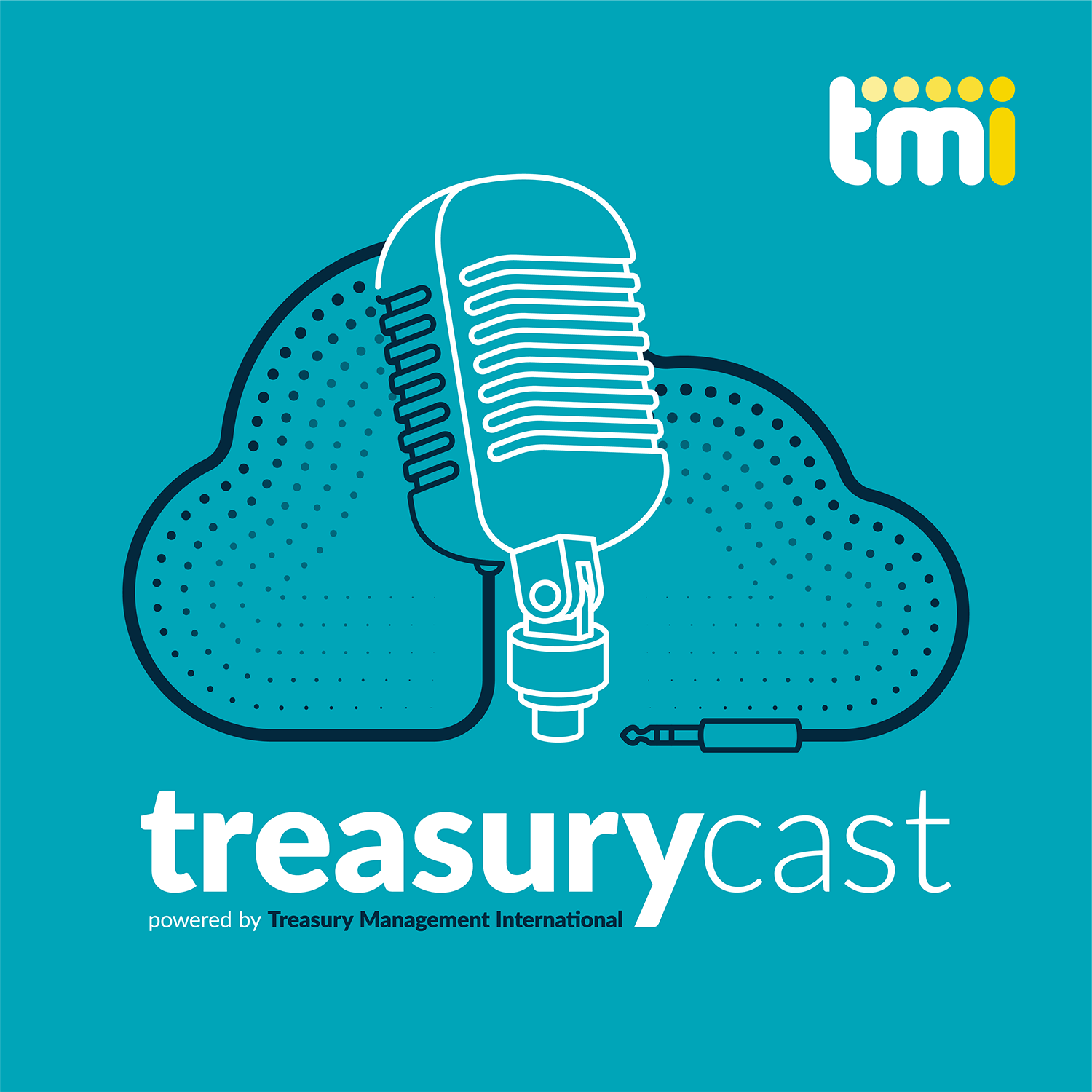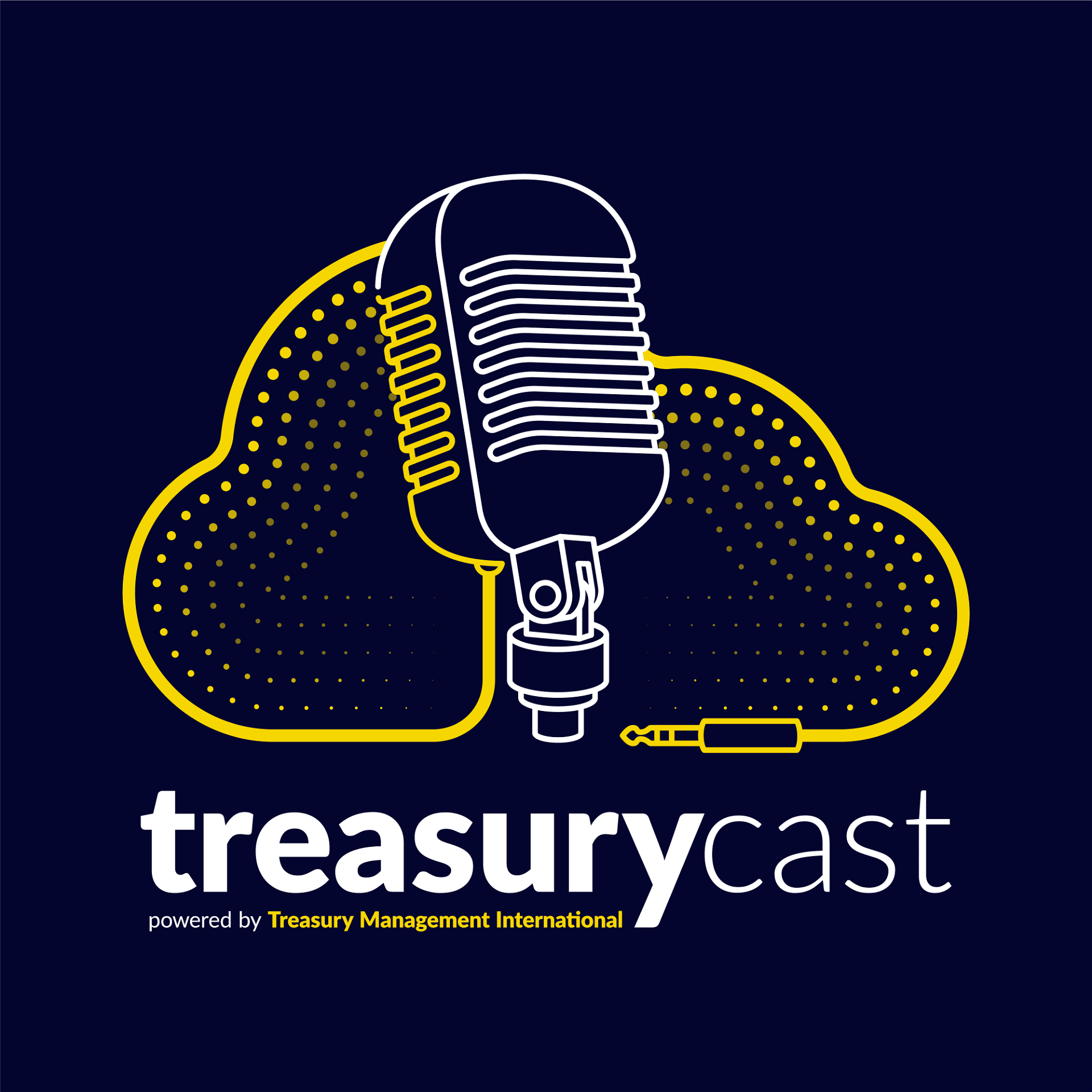London: Decentralised finance (DeFI) could divide into regulated and unregulated segments as regulators increase their focus on the sector’s risk profile, Fitch Ratings says in a new report. We expect many providers to submit to regulation to support their market credibility, but some may look to operate outside rules-based ecosystems so that they can be more innovative.
DeFi, an immature global ecosystem that shuns traditional intermediaries to directly provide financial serves using web applications and electronic wallets, is particularly exposed to cybercrime, scams and market manipulation. China has, in effect, banned the use of DeFi and private digital assets, and Russia may take a similar approach. However, we expect many jurisdictions to view DeFi more favourably, allowing it to evolve but with increasing regulation.
Alongside market and liquidity risks, fraud is a significant risk with DeFi transactions. More than USD7.7 billion of digital assets were lost through cybercrime in 2021, an 81% increase from 2020, as more users were drawn into the hype around soaring token values. “Rug pull” scams, where developers abandon projects and take users’ funds, are prevalent, as are phishing and code bugs. The manipulation of token prices is another threat. The DeFi sector is still at an early stage of development and Fitch expects it to face further exploitation and risks as it evolves.
DeFi currently presents limited risks to the mainstream financial system. Barring stablecoins, it is largely separate and is not yet systemic in size, and banks’ and insurance companies’ links to DeFi are not material. However, as DeFi expands and matures, we expect its links with the mainstream financial system to increase. Over time, this would lead to increased contagion risk from DeFi to the mainstream system.
View the infogram: Key Characteristics of DeFi
Read the report: Primer on DeFi: Risks and Regulations





